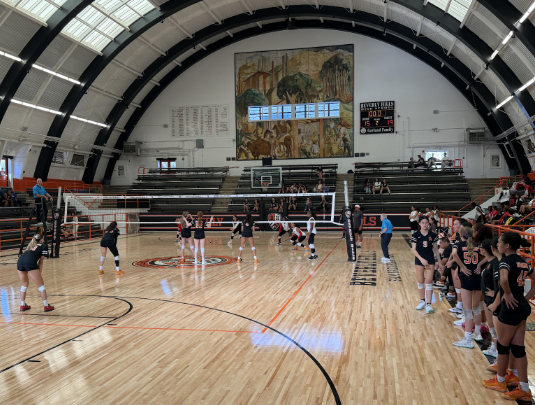No one wants to hear that we should limit our carbs or sugar intake; after all, so much of what we tend to love is pasta, bread, dessert, rice, and everything refined and processed. But when it comes to our health, these are the big offenders.
Why?
As carbohydrates break down in our body, they either get stored as glycogen for immediate energy, or triglycerides as stored energy. However, the rate of this breakdown process is key in maintaining optimal health and staving off unwanted insulin resistance. We want a slow and steady release.
When we eat simple carbohydrates, those made of sugars (fructose and glucose) with only one or two sugar molecules (think: cookies or chocolate without protein), the body breaks down these carbohydrates quickly. This, in turn, leads to a faster rise, or spike, in blood sugar and insulin secretion from the pancreas.
When this happens, the pancreas starts making glucagon, a hormone that signals the liver to start releasing stored sugar. This then sends a message to the pancreas to produce more insulin to offset the high levels of stored sugars being released by the liver… and the cycle continues in an unbreakable loop.
Because this breakdown of simple carbohydrates happens quickly (it’s an energy surge), the “slump” after the insulin reduction has us chasing our next craving for sugar or carbs in order to achieve the next spike. This takes a very heavy toll on our internal organs and general wellness.
On the other hand, complex carbohydrates, with three or more sugars linked together (e.g., whole grains, nuts, seeds, and vegetables containing fiber, vitamins, and minerals), take longer to break down and digest. This means that these foods have less of an impact on blood sugar and inhibit the revolving door of insulin spikes and slumps, providing a more sustainable energy source.
The more we chase these blood sugar spikes, the more calories we are ingesting. Excess calories that are not burned off result in excess weight gain. Since we know that being overweight is a risk factor for insulin resistance and type 2 diabetes, it is imperative that we make our nutrition a priority and choose healthy, whole, unprocessed foods.
Is it too late to prevent or even reverse the effects of insulin resistance? No! Can you really change the health trajectory of your future? Yes! Join me in the next article that addresses the lifestyle changes we can make, both personally and at school, to empower ourselves to be healthy individuals. Let’s take a bite out of health!
Additional Sources:
“Diabetes Prevention Toolkit | The Nutrition Source | Harvard T.H. Chan School of Public Health.” Harvard T.H. Chan School of Public Health, https://www.hsph.harvard.edu/nutritionsource/disease-prevention/diabetes-prevention/diabetes-prevention-toolkit/.
“Simple Steps to Preventing Diabetes | The Nutrition Source | Harvard T.H. Chan School of Public Health.” Harvard T.H. Chan School of Public Health, 22 July 2019, https://www.hsph.harvard.edu/nutritionsource/disease-prevention/diabetes-prevention/preventing-diabetes-full-story/.
Castiello, Lauren, et al. “Insulin resistance: Causes, symptoms, and prevention.” Medical News Today, https://www.medicalnewstoday.com/articles/305567.
“Lifestyle Modification for Diabetes and Heart Disease Prevention.” NCBI, 9 January 2023, https://www.ncbi.nlm.nih.gov/books/NBK585052/. Accessed 25 August 2023.
Zied, Elisa. “The Standard American Diet and its relationship to the health status of Americans.” PubMed, https://pubmed.ncbi.nlm.nih.gov/21139124/.





























